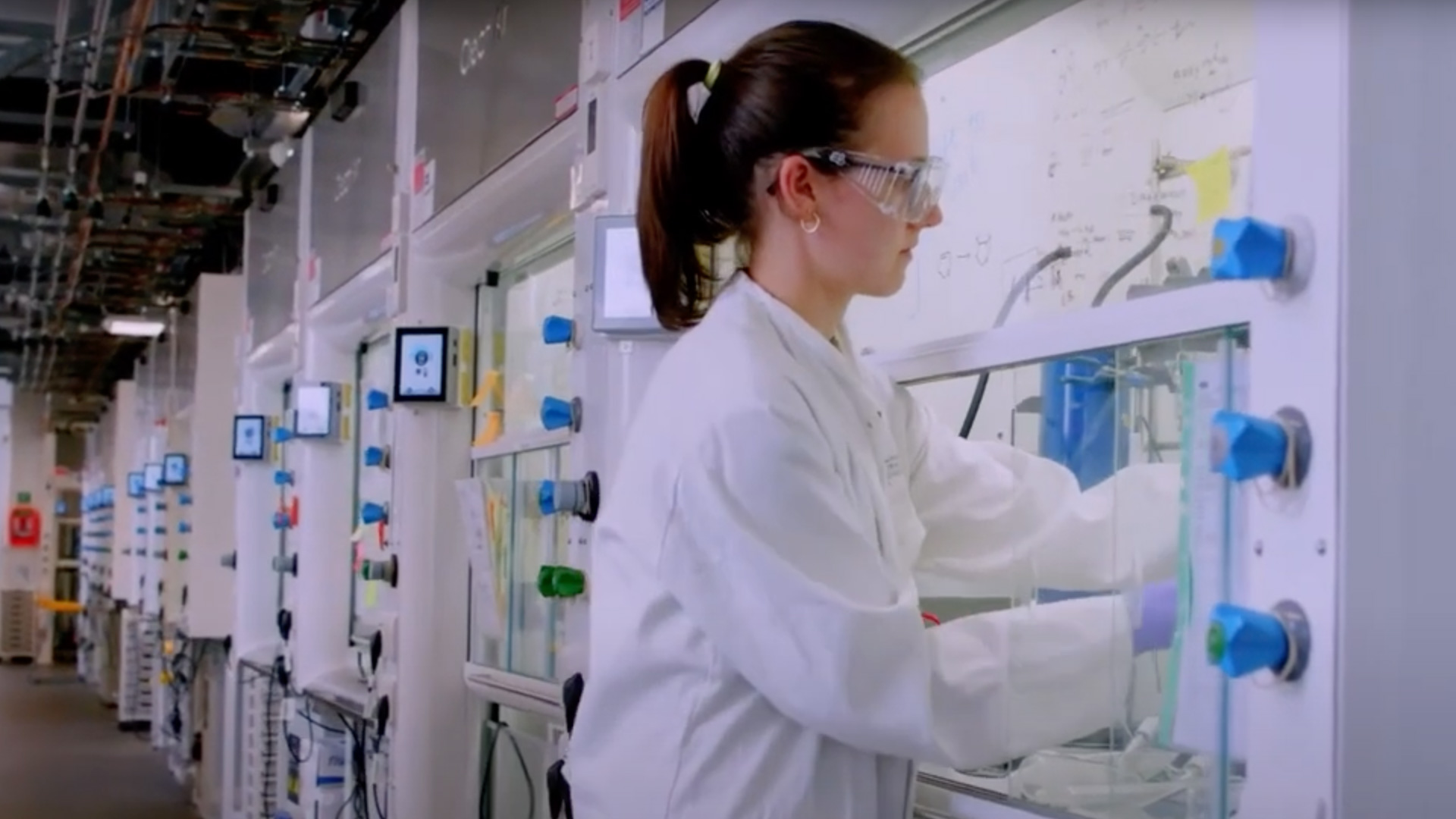Through collaboration and cutting-edge technology, the pilot for the Centre of Expertise in Advanced Materials and Sustainability (CEAMS) is shaping the future of sustainable materials—enhancing product efficiency, reducing environmental impact, and driving innovation in material science.
Background
The CEAMS initiative has established a collaborative centre of excellence dedicated to revolutionising the materials industry by helping businesses commercialise sustainable materials and adopt innovative processes. Recognising the urgent need for sustainable advancements, this initiative leverages academic expertise, industry networks, and R&D facilities to develop and scale sustainable materials for a wide range of applications.
CEAMS is a partnership between The Rochdale Development Agency (RDA), Centre for Process Innovation (CPI), The Henry Royce Institute, High Value Manufacturing Catapult (HVM), The Manufacturing Technology Centre (MTC), National Composites Centre (NCC), National Physical Laboratory (NPL), and The University of Manchester. This collaboration has generated significant returns on investment through job creation, industry partnerships, and external funding.
Inspiration
CEAMS’ mission is to transform the materials sector by addressing key issues:
- Promoting the development of sustainable materials.
- Enhancing commercialisation of advanced materials research.
- Supporting SMEs in adopting innovative, sustainable processes.
- Encouraging material reuse and circular economy practices.
Researchers have examined how businesses can better implement and scale sustainable materials innovations. Combined with dedicated policy engagement and industry collaborations, this research fosters economic growth, job creation, and innovation within the UK’s advanced materials sector.
The initiative also explores the role of novel materials in improving energy efficiency and reducing waste. Through partnerships with manufacturers, technology developers, and policymakers, CEAMS is driving the adoption of sustainable materials across multiple industries.
Innovation and Impact
CEAMS is delivering substantial economic and environmental benefits:
- 35 projects delivered to 29 companies, 25 of which are SMEs.
- Over one-third of projects successfully delivered across multiple research centres.
- £3.6 million in match funding secured for collaborative R&D projects.
- 2 full-time employees and 46 new apprenticeships created.
- Engagement with at least 82 companies through ongoing collaboration.
- 10 industry events hosted, attended by businesses from Greater Manchester and beyond.
- Two companies, DeakinBio (£693k) and Chromition (£791k), secured significant external investment following collaboration with CEAMS.
Further case studies can be viewed at: ceams.org.uk
Regional Collaboration
CEAMS is spearheading a UK-wide cross-regional collaboration, engaging with national policymakers, industry leaders, and international research partners. Key collaborations include:
- Supporting the commercialisation of recycled carbon fibre tows for high-value applications with Cygnet Texkimp.
- Enabling LiNa Energy to test and commercialise a safer, more sustainable alternative to lithium-ion batteries.
- Facilitating Chromition’s development of Luminspheres™ technology for healthcare diagnostics.
- Helping DeakinBio enhance the barrier properties of their tile coatings for commercial use.
- Supporting Contra Vision’s development of photovoltaic materials for energy efficiency.
- Driving research into environmentally friendly, water-based adhesives for the garment industry with The University of Manchester and Burgessy Rise.
- Assisting Cellerate in developing quality control standards for battery cell formation to support giga-scale production.
- Collaborating with Manchester Nanomaterials to optimise heat transport in composite materials while incorporating sustainable chemistry for material recovery and reuse.
Conclusion
The CEAMS initiative has demonstrated significant returns on investment, positively impacting economic growth, job creation, and sustainability in the materials sector. Through its collaborative approach, the initiative is pioneering advancements in sustainable materials, supporting businesses in commercialising new technologies, and solidifying the UK’s leadership in advanced materials innovation.


